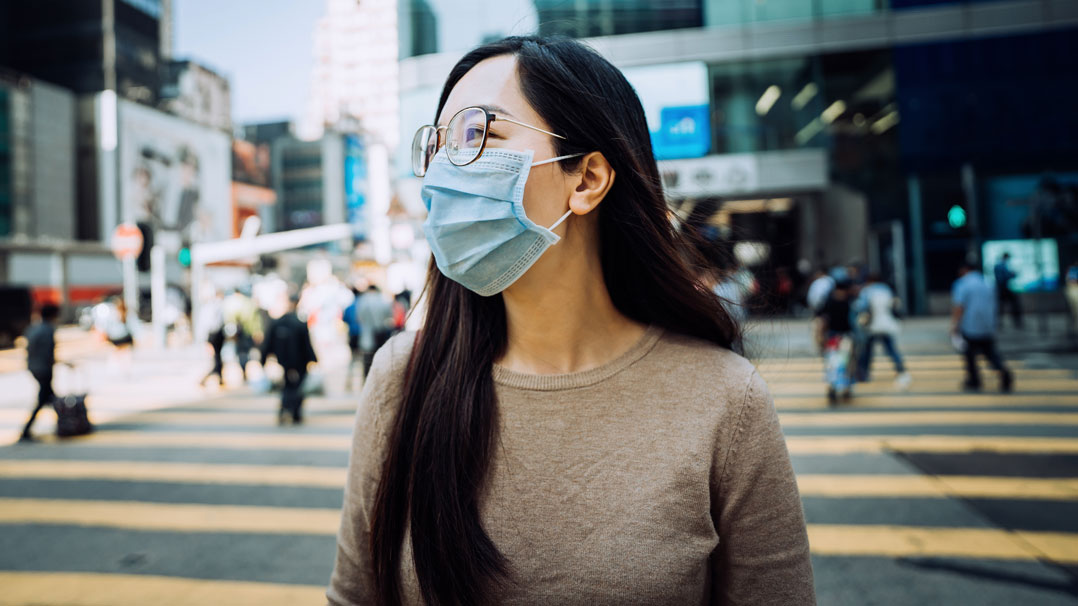A new survey from Cigna International Markets reveals the tightening and loosening of protective COVID-19 measures are negatively affecting individuals.

A new survey from Cigna International Markets reveals the tightening and loosening of protective COVID-19 measures are negatively affecting individuals, especially in regards to their finances.
Headlining the latest quarterly study, Cigna COVID-19 Global Impact Study: Resilience and Well-being Through the Pandemic consumer confidence remains low when it comes to being able to meet financial commitments. When surveyed in August, nearly half of the global respondents said that the current economic environment will have a negative impact on their financial situation and planning, and only one in four believe they will be able to maintain their current standard of living.
Pandemic continues to weigh on Americans’ well-being
Despite a glimpse of optimism in the U.S. market in June, Americans surveyed believe their level of financial stress is slightly worse than what it was pre-pandemic. In addition, the latest data shows that on a country-specific level, COVID-19 management has a meaningful impact on its citizens’ well-being and ability to bounce back. In the U.S., where cases have continued to increase over recent months, well-being across all categories measured – physical, social, family, finance and work – has continued to decrease slightly, while global well-being across all five categories has slowly rebounded, or in some areas, flattened.
Resilience and the impact of stress
According to the study, financial concerns continue to be the top driver of stress globally, however most respondents say that stress levels are manageable. Around the globe, feelings are mixed regarding the likelihood that the pandemic will continue well into 2021, with half of those surveyed believing COVID-19 will not go away and will become a seasonal disease. Despite these findings, there are encouraging signs of resilience and creativity in adapting to the current environment and future outlook.
“Access to integrated wellness programs, mental health providers, and well-being solutions can have a positive effect on those most impacted by pandemic-related stress,” said Cigna Americas Global Employer Health CEO, Ann Asbaty. “This year alone, Cigna's International Employee Assistance Program (IEAP) has seen a 55 percent increase in mental health support cases compared to the same time period last year, and utilization of the program’s website has increased by 46 percent.”
Notably, this study shows that the longer the pandemic continues, the less worry there is about future pandemics. COVID-19 has also forced some positive changes in behavior with 4 in 10 respondents saying they have become more flexible and resilient.
Growing adoption of virtual health continues
As the pandemic lingers, the study also finds the use of virtual health services continues to increase, with 58 percent of respondents indicating they would likely utilize the service, compared to 54 percent in June. Additionally, nearly 3 in 10 who started using virtual health services during the pandemic say they will continue doing so in the future.
The data shows that virtual health is most commonly used for generic health services (49 percent), followed closely by mental health support (42 percent) and prescription delivery (39 percent). Despite the growing adoption of virtual health, the availability of these services is still a challenge, as one-third of respondents say they do not currently have access to virtual health services.
“With the increased use of technology during the pandemic, more consumers have adapted to living in a virtual environment and have become more comfortable applying it to their health care,” noted Asbaty. “Telehealth products provide a convenient and safe alternative to in-office care, and our customers have found they can safely and easily use telehealth products, like our Wellbeing App, going forward. This is an opportunity to enhance accessibility to care.”
Visit the Cigna Global Impact Study to read full results and learn more.
About the COVID-19 Global Impact Study
To date, Cigna has engaged more than 20,000 people across China, Hong Kong, Korea, New Zealand, Singapore, Spain, Thailand, United Arab Emirates, United Kingdom and the United States between January and August 2020 to show the changes in attitudes during the crisis. Since 2014, Cigna's 360 Well-Being Survey has tracked perceptions about health and well-being including an index covering physical, family, social, financial, and work well-being.